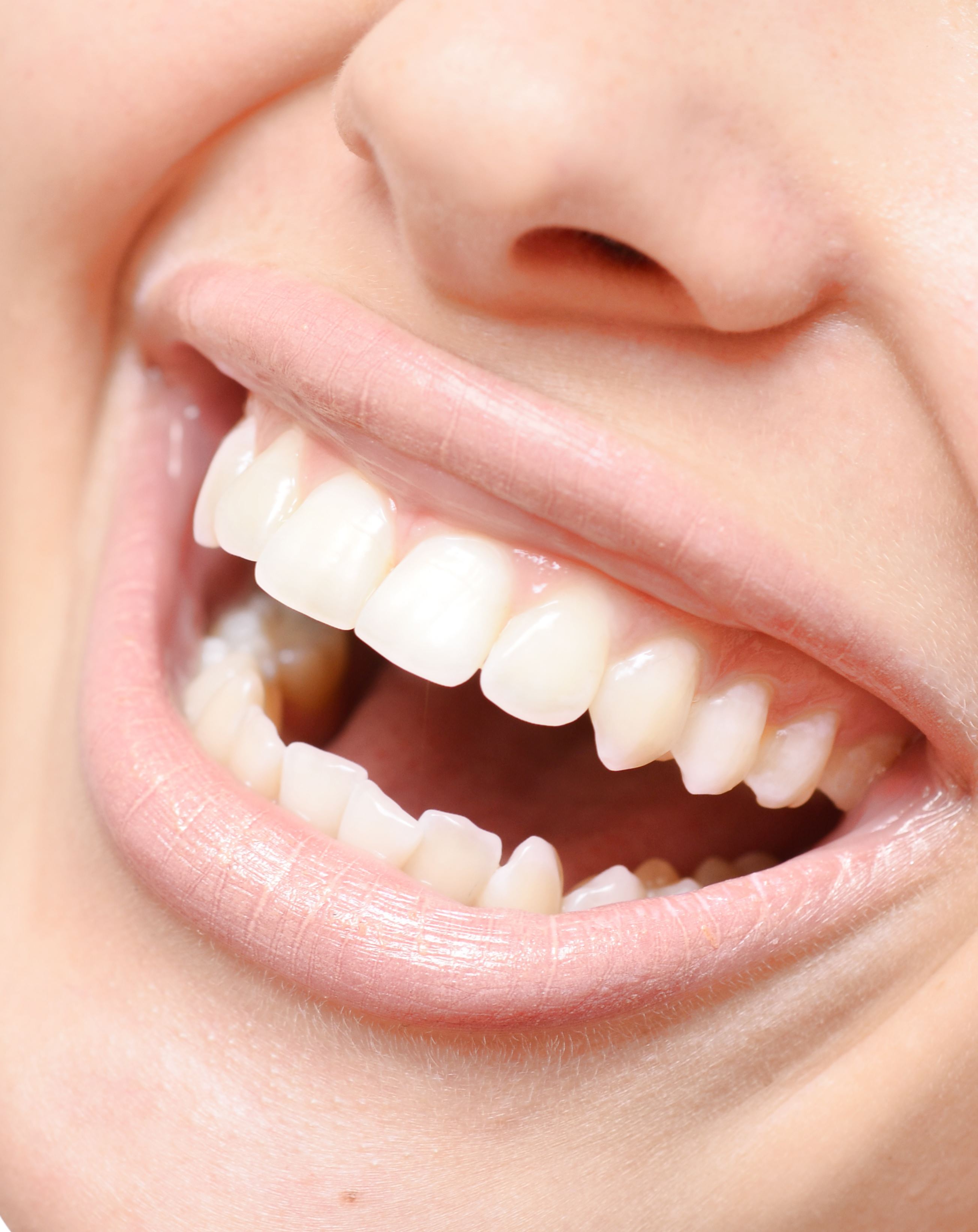781 Centre Road, East Bentleigh, VIC 3165
-
Mon- Fri 8am – 5pm
Teeth grinding and clenching may seem harmless, but the long-term consequences on a person’s oral health can be significant. In this blog post, we delve into the repercussions of tooth grinding and clenching, also known as bruxism, shedding light on tooth wear, enamel damage, jaw pain and the potential development of temporomandibular joint (TMJ) disorders. We’ll also explore preventive measures and treatment options to safeguard your precious smile.
Tooth Wear & Enamel Damage
One of the most noticeable impacts of bruxism is tooth wear. Constant grinding and clenching places excessive pressure on the teeth, which can lead to erosion and flattening of the chewing surfaces. Over time, this can result in shorter and more sensitive teeth. Enamel can also become compromised, making teeth more susceptible to cavities and other dental issues.
Jaw Pain
Prolonged clenching and grinding can cause persistent jaw pain and discomfort. This discomfort often radiates to the temporomandibular joint (TMJ), the hinge that connects the jaw to the skull. Individuals with bruxism are at an increased risk of experiencing jaw pain, clicking sounds and difficulty in opening and closing the mouth. Recognising these signs early on is essential for proactive intervention.
TMJ Disorders
The temporomandibular joint is a delicate structure, and when subjected to the relentless forces of bruxism, it can lead to serious issues. TMJ disorders not only affect oral health, but can also impact daily activities such as eating, speaking and even yawning. Early diagnosis and a comprehensive treatment plan can minimise symptoms and prevent long-term complications.
Preventative Measures
Preventing the adverse effects of bruxism begins with awareness. When you understand the triggers, such as stress or sleeping issues, it may be possible to make lifestyle changes to alleviate the condition. Night guards or splints prescribed by a dentist can be effective tools for preventing tooth wear and minimising the impact on the TMJ, while stress management techniques, relaxation exercises and a consistent sleep routine can also be beneficial.
Treatment Options
For those already experiencing the consequences of tooth grinding and clenching, various treatment options are available. Dental restorations such as crowns and veneers can address damage to tooth surfaces, while exercises may be recommended to alleviate TMJ-related symptoms. In some cases, where bruxism is linked to underlying issues like sleep apnoea, addressing the root cause may be necessary for comprehensive treatment.
Contact EBDG Today
From tooth wear and enamel damage to jaw pain and TMJ disorders, tooth grinding and clenching can wreak havoc on oral health if left unchecked. However, with awareness, preventative measures and timely intervention, it’s possible to preserve your smile. Contact East Bentleigh Dental Group today for more information or to make an appointment at our clinic.





